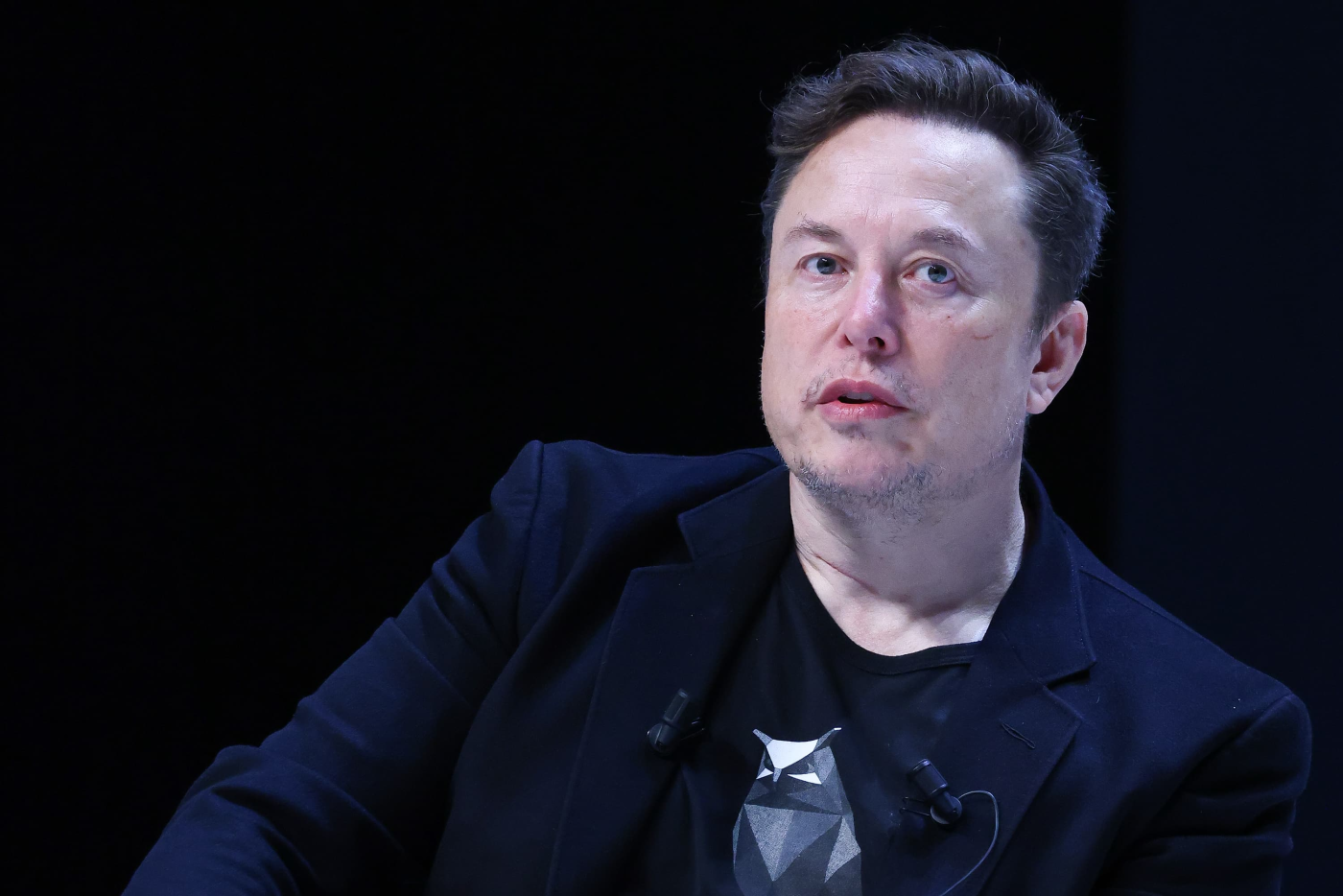More Chinese EV makers debut in Singapore as the city-state boosts adoption with incentives, more charging points
More Chinese electric vehicle brands are launching in Singapore as the government pushes for EV adoption with extended incentives and charging points.
Last week, Geely-owned luxury EV brand Zeekr debuted in the city-state with the Zeekr X, a premium SUV with a starting price of 199,999 Singapore dollars ($150,604).
Just a week earlier, Xpeng Motors announced its entry into the Singapore market with a pop-up showroom, offering visitors the opportunity to test drive the Xpeng G6 electric SUV. Prices start from SG$209,999 for the standard model and SG$224,999 for the longer range version.
"As Singapore continues to progress its EV transition, we believe that there is a desire for EVs that go beyond being simply a form of conveyance, to offering a premium driving experience with conveniences that elevate urban living," said Mars Chen, vice president of Zeekr, after the brand's Singapore launch last week.
"We are optimistic that our launch will grow our footprint across Southeast Asia and beyond," Chen said.
Chinese EVs are not new to Singapore as the world's largest EV seller BYD, which dethroned Tesla, has been in the city-state since 2014.
BYD's fleet of 30 electric taxis first hit Singapore roads in December 2014 and the firm subsequently introduced a range of EVs from trucks and buses to passenger cars such as the e6 and Seal.
Other Chinese automakers like GAC Aion and Chery have also introduced EV models in Singapore.
"I think they are trying to go global and Singapore is just one of the countries they are looking to expand into. Singapore is also very developed — the urban landscape makes it perfect for EVs," Maybank Securities analyst Jarick Seet told Our.
"Along with the government's push towards EVs, it's ideal for EV players to expand into Singapore despite its small market size," Seet said.
Singapore wants to phase out diesel-powered cars and taxis starting in 2025 and internal combustion engine vehicles from 2030, as part of the government's push to have all vehicles running on cleaner energy by 2040.
During the first half of this year, about one in three new cars sold in Singapore was an EV – nearly double the 2023 figure of around 18%, according to the Ministry of Transport.
EV adoption has increased significantly, with incentives and an emissions scheme helping to lower the upfront costs of owning an EV by up to SG$40,000 in 2024, Minister of Transport Chee Hong Tat said in July.
The availability of charging infrastructure has long been a challenge, but Chee said installation is "on track" to support a larger EV population, with a target of 60,000 charging points by 2030. Over 7,100 EV charging points have been installed across the country so far.
Singapore's push
To sustain the momentum of EV adoption, Singapore in September extended the EV Early Adoption Incentive scheme by two years to 2025.
Under the program, newly registered fully electric cars and taxis will receive 45% rebate off the additional registration fee – a tax imposed upon registration of a vehicle – capped at SG$15,000.
Additionally, people who register a car or taxi with cleaner emissions will qualify for an emission rebate which will be used to offset the car or taxi's ARF.
BMI, a Fitch Solutions company, said the extended EV subsidies and the local assembly of Hyundai Ioniq EVs will boost the passenger EV segment in Singapore over 2024.
Read more about tech and crypto from Our Pro
This self-driving car technology stock could pop by more than 400%, say three analysts
Looking for alternatives to Nvidia? Futurum CEO names 3 he's bullish on for 2024
Bernstein tech analyst's best idea for 2024 is to short Tesla
Morgan Stanley picks 'alpha' opportunities in China tech - giving one 52% upside
"We note that the city state's EV charging infrastructure will need to expand rapidly over the medium term to support continued EV adoption," BMI analysts said in a June report.
"That said, we note that the well developed public transportation and micromobility solutions, along with the high cost of vehicle ownership in Singapore, will all serve to cap the potential size of the market," the analysts added.
BMI predicts passenger EV sales in Singapore will increase by 73.7% year over year in 2024, with plug-in hybrid EV sales increasing by 53.4% and battery EV sales by 74.7%.
Disclaimer: The copyright of this article belongs to the original author. Reposting this article is solely for the purpose of information dissemination and does not constitute any investment advice. If there is any infringement, please contact us immediately. We will make corrections or deletions as necessary. Thank you.





